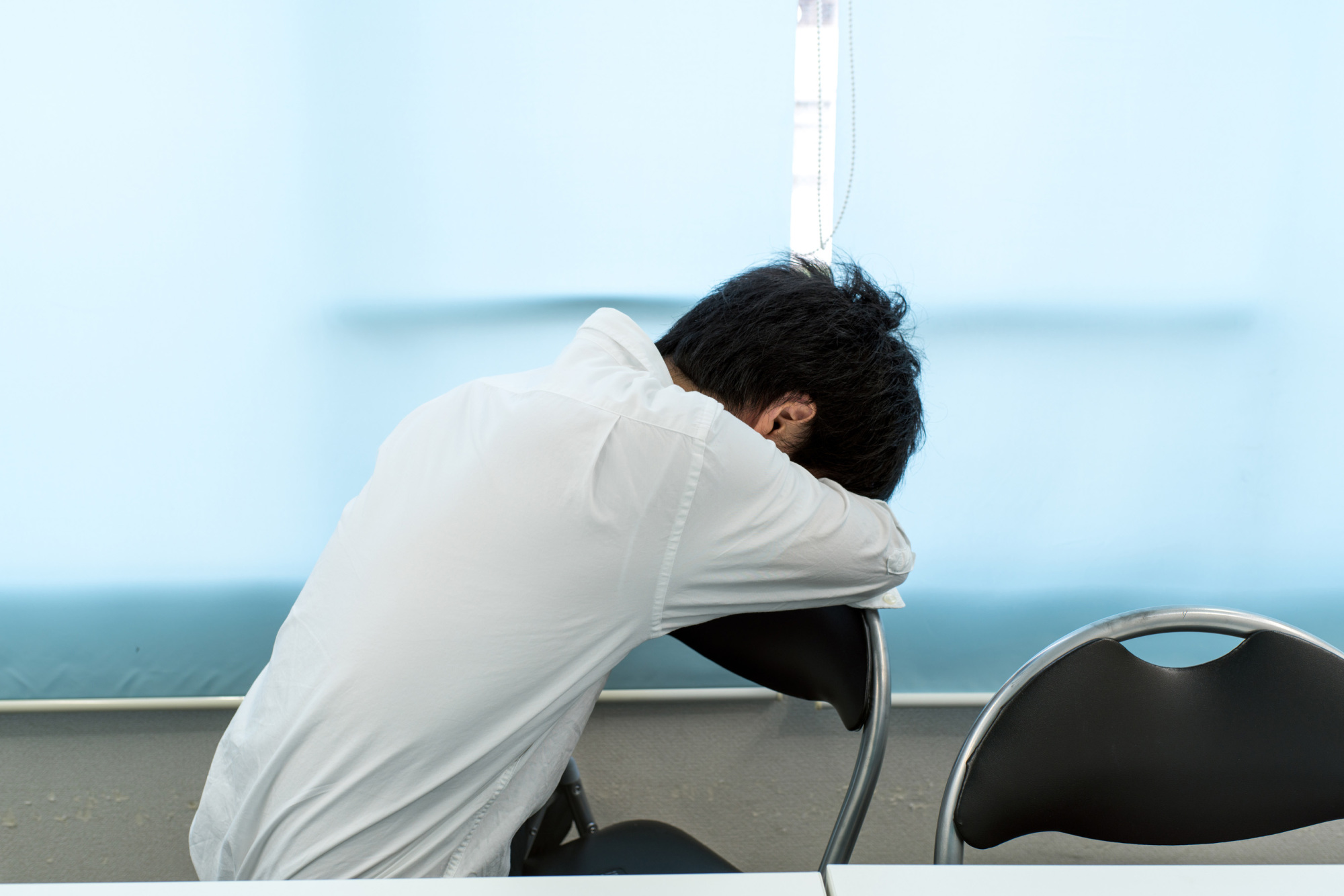There was no nonsense about the 1990s in Japan. The economy had crashed, the bubble had burst. "The age of human relationships is over," declared a corporate executive to Aera magazine in 1996, defending the cost-cutting layoffs then gathering speed. "This is the era of the discount store. The only sales criterion is: How cheaply are you selling?"
No nonsense then, no nonsense now. We're in the same era — a different, more mature phase of it, maybe. Twenty years ago the issue was layoffs. Now it's overwork. They are two faces of the same coin: cost-cutting. A hyper-competitive economy demands ruthlessness. Human relationships? Now as then: not extinct, but struggling.
Mass layoffs followed by a prolonged hiring freeze sum up a significant chunk of the economic history of the past two decades. Hiring has revived lately, unemployment is low, most workers are working — but at what? What kind of a life is your job giving you? Sometimes it gives you death; 93 cases of karōshi (death from overwork) have been officially recognized in Japan in fiscal 2015. They are extreme cases. Generally you don't die from work. Stress, depression and chronic fatigue are not necessarily fatal.



















With your current subscription plan you can comment on stories. However, before writing your first comment, please create a display name in the Profile section of your subscriber account page.